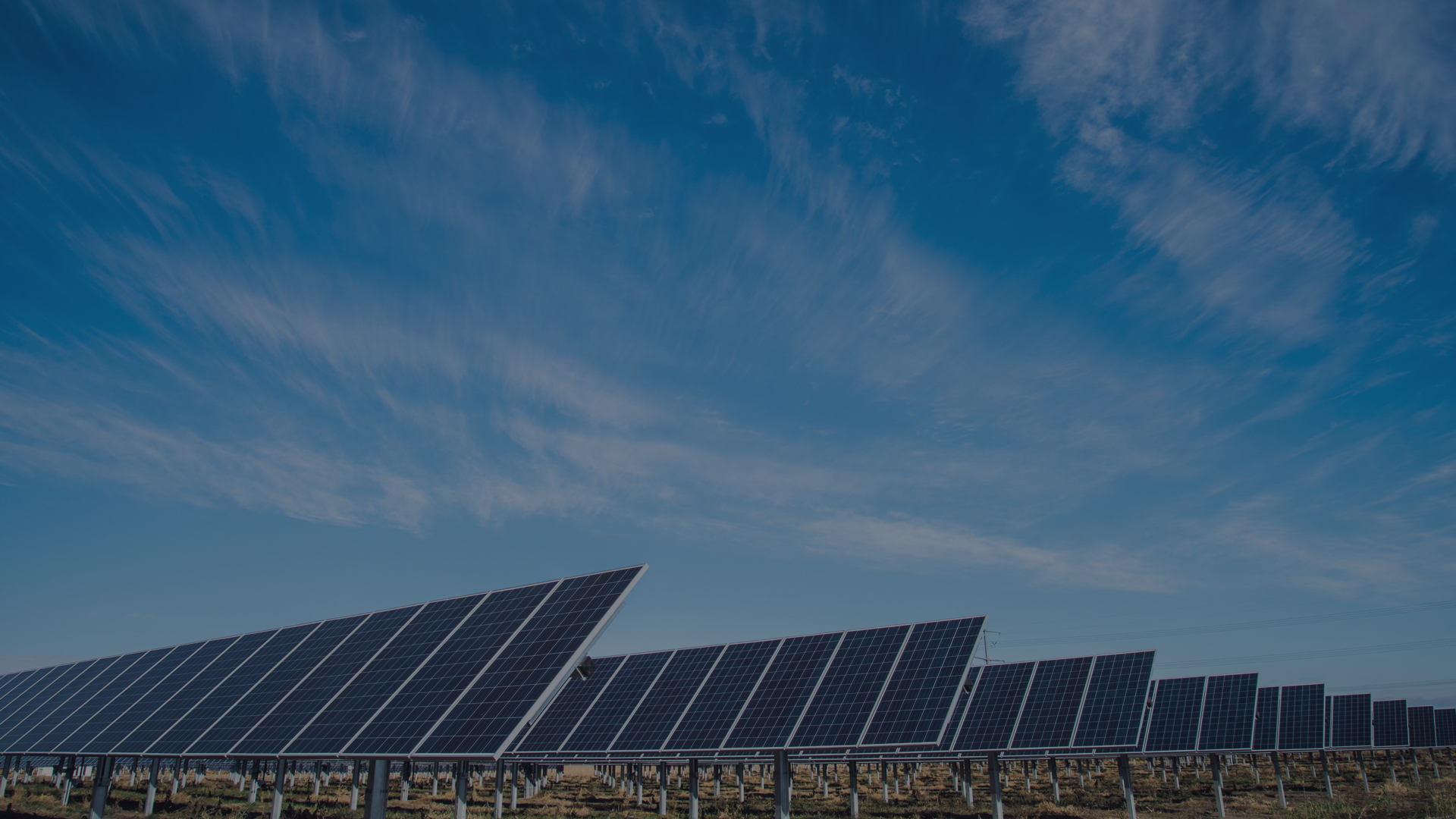As the UK gets covered in a blanket of snow, the long-awaited E.ON price rises have come into force, with a nine per cent energy tariff increase.
E.ON is the last of the big six energy companies – the others being SSE, British Gas, Npower, Scottish Power and EDF – to raise their prices this winter. The changes were announced last year but started on January 18th.
The average household energy bill is now expected to see an increase of £100 annually. However, any customer on a fixed or cap rate will not experience a rise. This means approximately four million E.ON customers will be affected.
Despite holding off on raising prices for as long as possible, the company finally had to succumb. Chief executive of E.ON Tony Cocker said that with the expected rise, the energy firm were trying to find alternative ways to save customers money on their bills.
Mr Cocker went on to say: "We also believe our profit levels are fair and will continue to be so. Last year our domestic profit margin was less than 2% and we will make public the amount we make this year when we publish our 2012 results."
With the continuance of soaring energy prices, there may be a rise in public investment in solar panels. With more and more people looking to reduce their energy bills over the long term, solar panels offer a method to save energy and money, whilst reducing a households carbon output.
Cash incentives from the government’s feed in tariff also make the purchase of solar panels an attractive prospect, with money to be made following the initial installation.
By saving energy during the warmer months, bills will be a lot less costly by the time winter comes around, meaning that keeping your house warm will not burn a hole in your finances.
